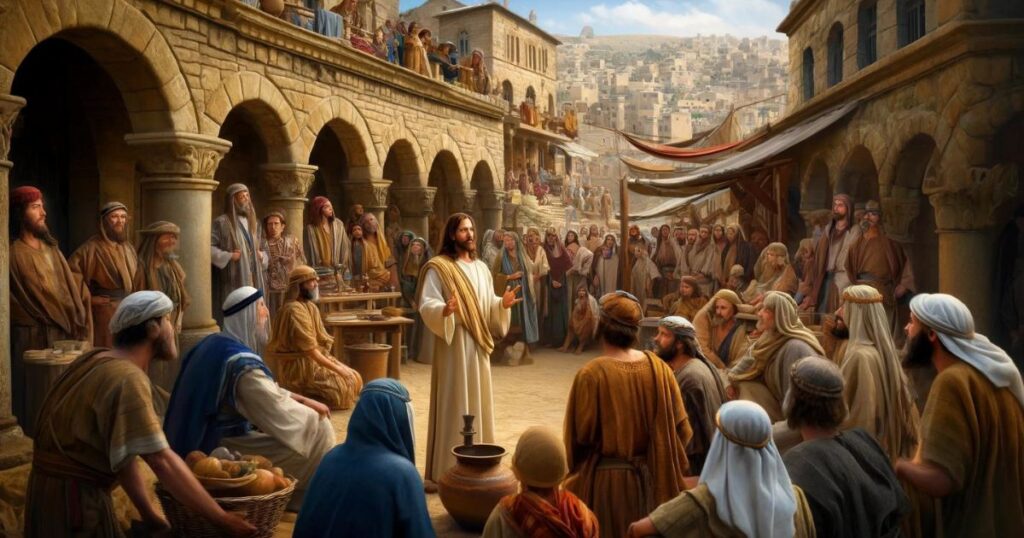Debate about the events and circumstances of Jesus’ life, as depicted in the Bible, has been ongoing for a long time. One particular area of confusion is the language Jesus spoke during his life in the first century A.D. in Judea, now southern Palestine.
A Public Disagreement
In 2014, this topic came up during a meeting in Jerusalem between Israeli Prime Minister Benjamin Netanyahu and Pope Francis. Netanyahu stated, “Jesus was here, in this land. He spoke Hebrew.” Pope Francis corrected him, saying, “Aramaic.” Netanyahu then responded, “He spoke Aramaic, but he knew Hebrew.” This exchange made headlines, but both were likely correct.

Most scholars agree that Jesus mainly spoke a Galilean dialect of Aramaic. By the 7th century B.C., Aramaic had become widely used across the Middle East due to trade, invasions, and conquest. In the first century A.D., it was the common language among ordinary Jewish people and likely used by Jesus and his disciples daily.
Hebrew: The Language of Scholars
Hebrew, from the same linguistic family as Aramaic, was also used in Jesus’ time. It was the language of religious scholars and the holy scriptures, including the Bible, although some parts of the Old Testament were written in Aramaic. Jesus probably understood Hebrew, and the Gospels of Matthew and Mark show him using Aramaic phrases, while Luke 4:16 depicts him reading Hebrew from the Bible in a synagogue.
Greek and Latin: Influences of Empire
In addition to Aramaic and Hebrew, Greek and Latin were also present in Jesus’ time. After Alexander the Great’s conquest in the fourth century B.C., Greek became the official language in much of the region.
According to Jonathan Katz, a Classics lecturer at Oxford University, Jesus likely knew a few words of Latin and more Greek, though he wasn’t very proficient in it. He did not speak Arabic, which arrived in Palestine after the first century A.D.

A Multilingual Messiah
Jesus was probably multilingual, familiar with several languages, and his choice of language likely depended on the context and audience. His primary language was Aramaic, but he had knowledge of Hebrew, some Greek, and a bit of Latin, reflecting the diverse linguistic landscape of his time.





